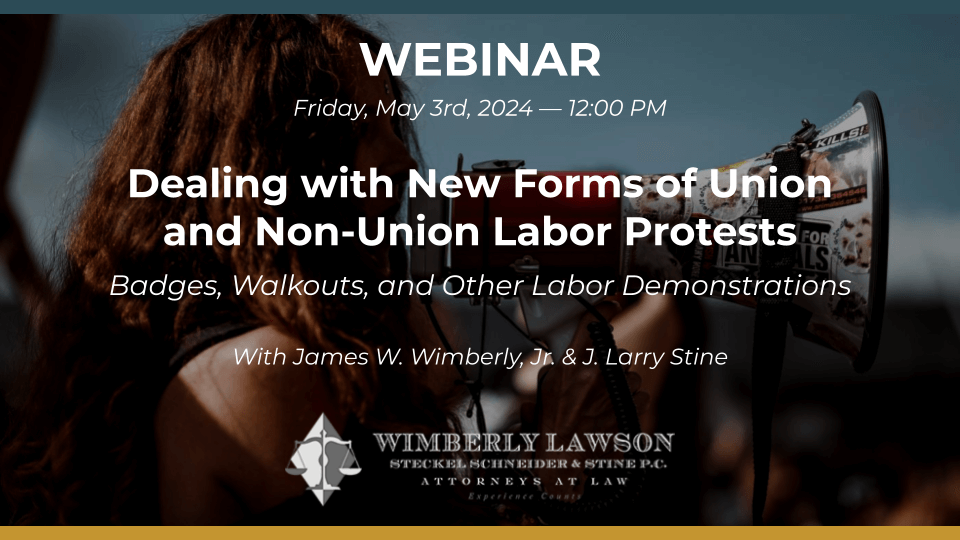Issue of Applicant Rejected Due to Heavy Accent
Obviously many jobs require the ability to effectively communicate. Sometimes, however, there is tension between an employer’s legitimate need to require an ability to communicate, and an applicant’s right be free of discrimination based on national origin. In a recent case, a Jamaican born applicant was not hired because his accent was too heavy for interviewers to understand him. A federal judge ruled that the case could proceed to a jury trial, because the employer did not make the applicant aware of other positions that he could apply for, and the employer did so for other applicants who were rejected. EEOC v. West Customer Management Group, LLC, (N.D. Fla. 2012).
The position required employees to provide telephone support service to clients regarding telephone repair and billing issues. One of the requirements for the job was to speak in a clear and understandable voice. During the plaintiff’s interview, the interviewer had to repeat questions several times because he was unable to understand the plaintiff’s responses. The interviewer also asked one of this colleagues to sit in the interview, who confirmed the difficulty in understanding the plaintiff. The plaintiff was not hired because he was “very difficult to understand” due to a “heavy accent.”
During the EEOC investigation, the EEOC even admitted during conciliation that it had difficulty understanding the plaintiff. Characterizing the decision as a “close call,” the district court judge noted that, “An employee’s heavy accent or difficulty with spoken English can be a legitimate basis for adverse employment action where effective communication skills are reasonably related to job performance.” However, the court stated that the issue in this particular case was not whether the plaintiff was properly rejected due to his heavy accent, but the employer not applying its normal practice to the plaintiff of inviting him to reapply for other positions. The court noted that only two candidates during the relevant time period were not invited to apply for another position, and they were the plaintiff and an applicant from Puerto Rico who was rejected for the same reason as the plaintiff.
Editor’s Note- The author has had some experience in these type cases that may of interest. In one case, two clean-up employees had worked in their positions for several years, when the employer contended that they could not be retained because they could not read English and thus couldn’t read the labels on the various cleaning solutions. The case was settled during the EEOC charge stage, because it is hard to show that an employee is unable to perform a job that he has been successfully performing for a number of years. In another case, the plaintiff in an interview for a truck driving position, was very difficult to understand, but the interviewer made the mistake of asking the applicant a lot of questions as to where he was from and the like. This particular plaintiff was in the author’s view, a “professional plaintiff,” and actually sued a number of trucking employers on similar grounds. This particular case was settled not so much due to the merits, but because the plaintiff was willing to accept a relatively small amount for each defendant he sued. [Pull case file of this trucking employer case we handled within the last two years.]
Related Content
Get Email Updates

Judge Invalidates Joint Employer Rule, and Independent Contractor Rule Takes Effect

The Importance of Fairness in Employment to the Law and to Job Satisfaction

Major Employers Challenge Constitutionality of Labor Act

Starbucks' Big Change in Labor Policies

Judge Orders Survey Data to Be Revealed from Employer EEO-1 Reports



